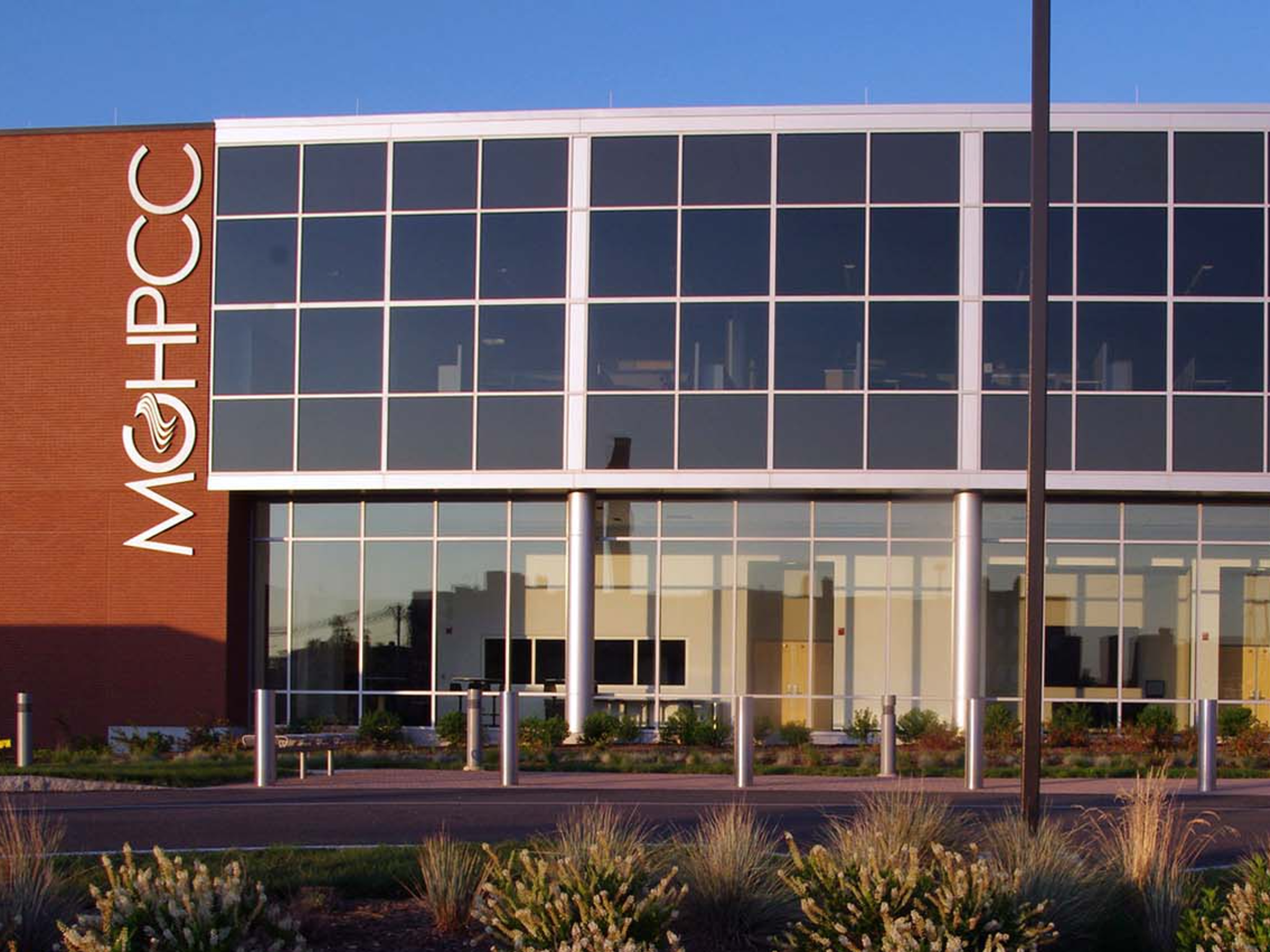
 Holyoke, Massachusetts, June 30, 2015 – Holyoke Mayor Alex B. Morse today announced the recipients of 9 scholarship awards to Holyoke Public School students, totaling $30,800, from three programs sponsored by the Massachusetts Green High Computing Center (MGHPCC) and the Comcast Leaders and Achievers Program.
Holyoke, Massachusetts, June 30, 2015 – Holyoke Mayor Alex B. Morse today announced the recipients of 9 scholarship awards to Holyoke Public School students, totaling $30,800, from three programs sponsored by the Massachusetts Green High Computing Center (MGHPCC) and the Comcast Leaders and Achievers Program.
MGHPCC Press Release
“Higher education is a ticket to a better life and an important driver of our economy system. These scholarships will make a big difference for students who need just a little financial boost to help unlock their potential for contributing to our economy and our society,” said Mayor Alex Morse. “We are grateful to the MGHPCC and our other partners for their continued investment in the people and economy of Holyoke.”
“The scholarships funded by the MGHPCC and our member institutions are just one part of our commitment to the city and region,” said John Goodhue, the executive director of the MGHPCC. “We are delighted to continue strengthening our partnership with the city and its institutions by supporting young people who will help shape the region’s future.”
The scholarships come from three initiatives: one sponsored by the MGHPCC and open to all Holyoke Public School students; a second that is funded by the MHGPCC and administered by Holyoke Community College Foundation for Holyoke Public School students participating in the Cisco Networking Academy program; and a third that is sponsored by the Comcast Leaders and Achievers program.
“This generous financial support will make a difference in the lives of these students who have demonstrated a desire to excel,” added Dr. Sergio Paez, superintendent of schools. “Often times the difference between success and failure is opportunity, and this is definitely an opportunity to help these students continue their academic goals. Congratulations and best of luck to each one of them in all future endeavors. “
“Holyoke Community College is most pleased to be able to partner with the MGHPCC to provide scholarships to Dean Technical High School students to continue their Cisco Networking Academy coursework in college,” said William Messner, president of Holyoke Community College. “John Goodhue and his staff at the MGHPCC have been incredibly valuable community partners, and the Dean Tech. students are the beneficiaries of their support.”
This year’s recipients are:
MGHPCC Scholarships ($5,000 each)
Cisco Networking Academy ($3,300 each)
The Comcast Leaders and Achievers Scholarship Award ($1,000)
The MGHPCC scholarships are available to one or more graduates of Holyoke Public Schools accepted into an MGHPCC member university. The program is open to students in any major and not limited to students of computer science or other scientific disciplines. Recipients are chosen on the basis of an 800-word essay answering the question, “What do you see as the three biggest challenges currently facing Holyoke, and what would you do to address them?”
The MGHPCC, in conjunction with the Holyoke Community College Foundation, provides scholarships to high school students to continue their Cisco Networking Academy coursework in college and to become a Cisco Certified Network Associate. The Cisco Networking Academy programs and scholarships are the product of a partnership among the MGHPCC, Holyoke Community College and Dean Technical High School. The partnership was established in 2012 with a grant secured from the Urban Research Park Community Development Entity by the MGHPCC.
The Comcast Leaders and Achievers® Scholarship Program is available to one student per school nominated by a principal or guidance counselor. Funded through the Comcast Foundation, the program recognizes high school seniors from Comcast communities for their commitment to community service, academics and demonstrated leadership.
About the City of Holyoke
Holyoke is an exciting community with committed citizens, a rich history, a dynamic business sector, and a wide variety of opportunities. Holyoke developed in the 19th Century as the nation's first planned industrial community, at one time boasting the greatest paper production in the world. The City's attractive complement of urban scale and natural serenity includes numerous mill sites as well as a collection of parks, historic sites and recreation destinations.
About the Massachusetts Green High Performance Computing Center
The Massachusetts Green High Performance Computing Center (MGHPCC) is a ground-breaking collaboration of five of the state’s most research-intensive universities, state government and private industry — the most significant collaboration among government, industry and public and private universities in the history of the Commonwealth, and the first facility in the nation of its kind. The 90,000-square-foot computing facility in Holyoke, Massachusetts, opened in November 2012. Funding was provided by the five member universities -- Boston University, Harvard University, the Massachusetts Institute of Technology, Northeastern University and the University of Massachusetts -- the Commonwealth of Massachusetts, Cisco, EMC, and the Federal New Markets Tax Credit program. The member universities will fund the ongoing operation of the MGHPCC. For more information on the Massachusetts High Performance Computing Center, visit https://www.mghpcc.org.